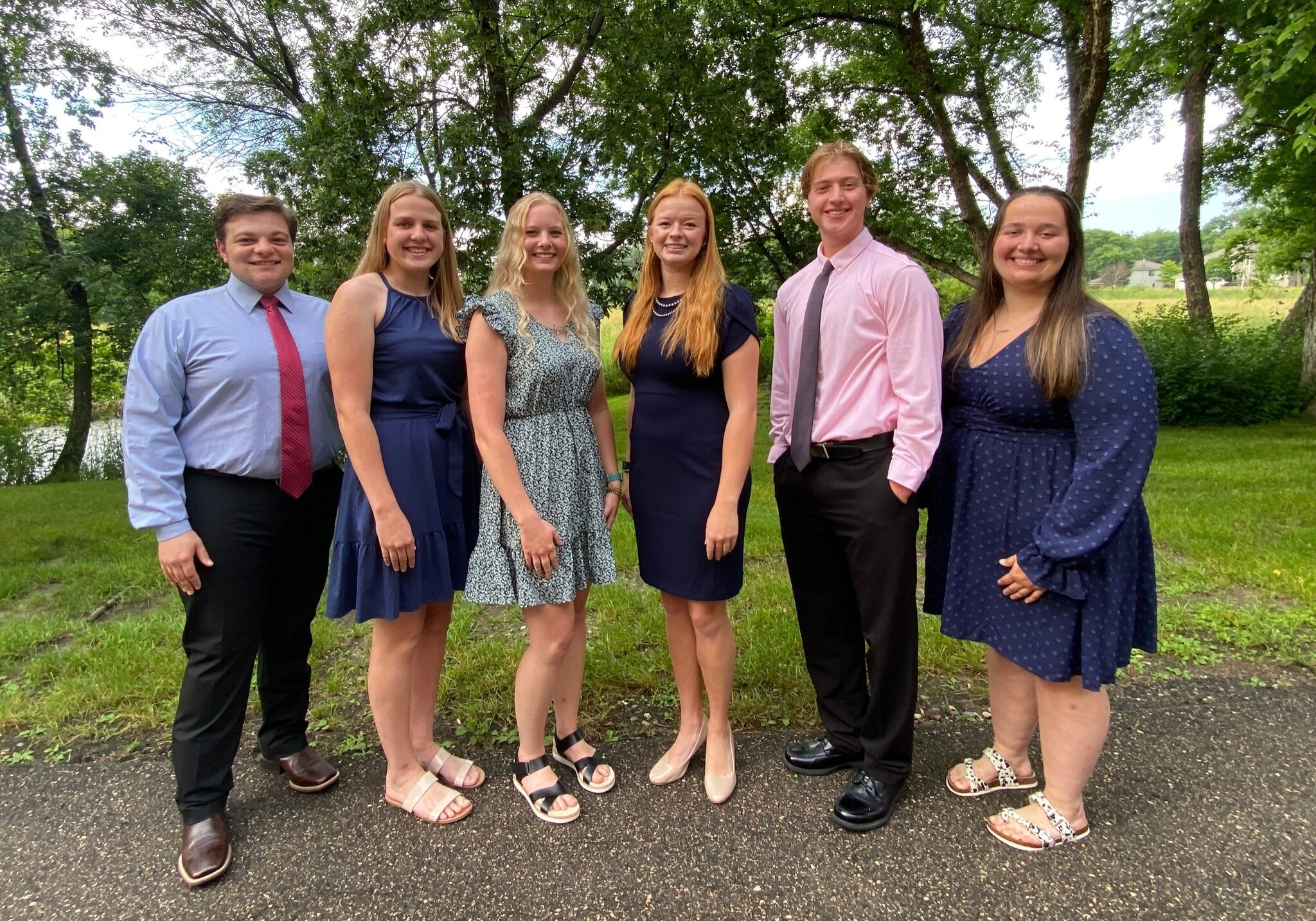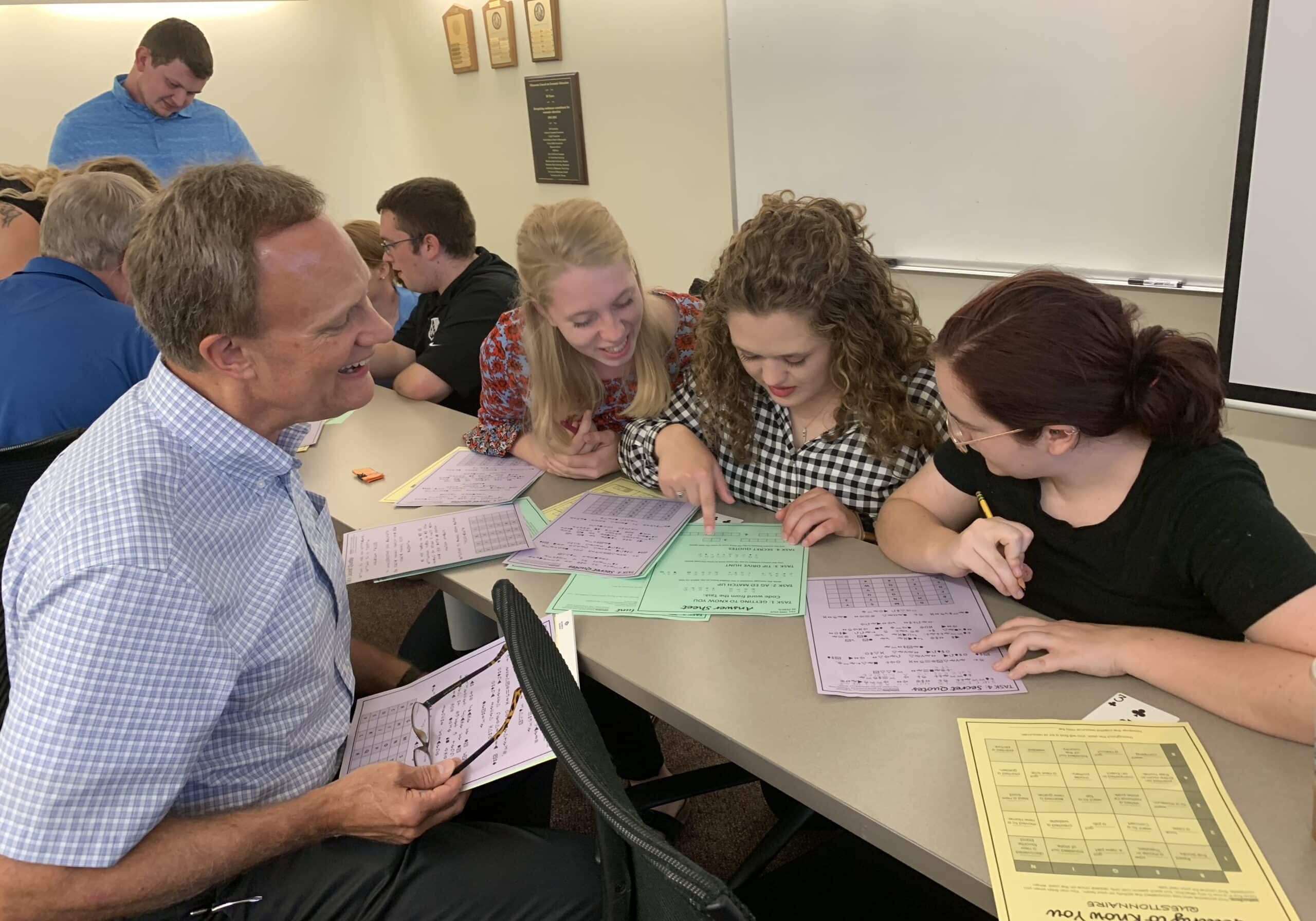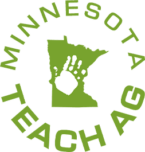There are many ways to start your journey.
Explore them below and jump into a rewarding career as an agriculture teacher!
Pathways to Teaching
There are many ways to get where you are going. Through a number of ways, we make it easy to become an agriculture teacher through a network of partners and colleges, including three initial licensure universities, transfer program colleges, a mentoring program, and management of open teaching positions.


Scholarships
Work towards funding your future career through scholarship opportunities! One of the benefits of pursuing a career in Agricultural Education is the availability of financial support, including scholarships and loan forgiveness programs for those aiming to become agriculture teachers. Explore a variety of scholarships and sources on our Scholarships page.
Professional Development
Explore becoming an ag teacher through professional development opportunities such as upcoming conferences, symposiums, collegiate organizations and more. Connect with like-minded individuals who share a passion for agriculture education and share the agricultural story with future generations.


Internship
What better way to develop your skills than to work in the field? There are several opportunities for a professional learning experience that can offer meaningful, practical work related to a student’s career interest.
Job Openings
Find your career match! There are many employment opportunities in teaching agriculture. Explore resources that help you identify job opportunities in teaching agriculture across the state of Minnesota in a variety of K-12 schools.

